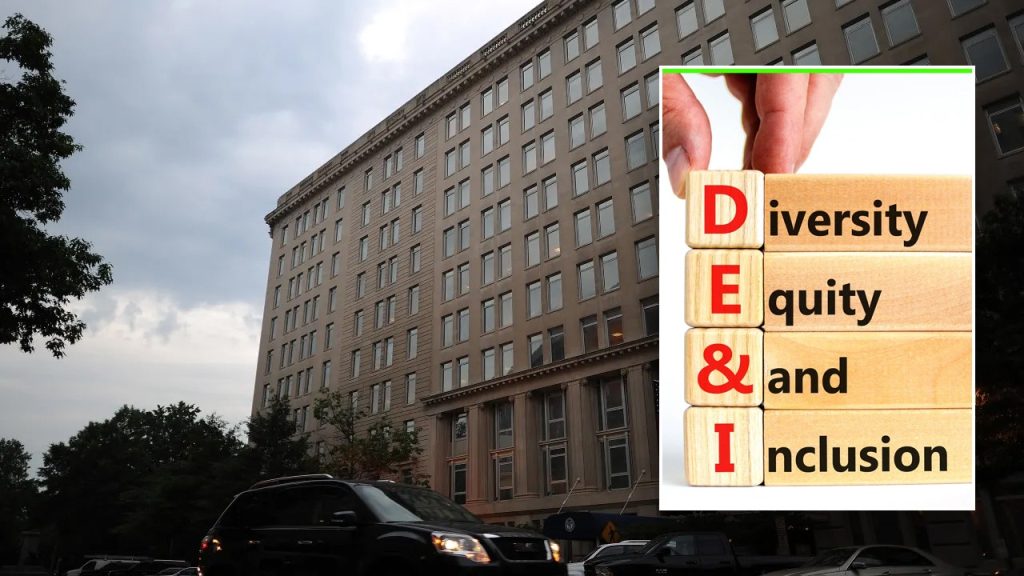The Department of Veterans Affairs (VA) has taken decisive action to implement President Trump’s executive order aimed at eliminating Diversity, Equity, and Inclusion (DEI) initiatives within the federal government. This move has resulted in approximately 60 VA employees, whose roles were solely dedicated to DEI activities, being placed on paid administrative leave. These employees, with a combined annual salary exceeding $8 million, represent a significant financial investment in programs that the Trump administration views as non-essential and potentially divisive. The average salary of these employees was approximately $136,000, with one individual earning over $220,000 annually. This action reflects the administration’s commitment to redirecting resources towards core services for veterans, their families, caregivers, and survivors.
The VA’s decision to place these employees on leave represents a substantial shift in its operational priorities. By reallocating the resources previously dedicated to DEI, the agency aims to enhance its support for the veteran community. This reallocation includes not only the salaries of the affected employees but also the cancellation of existing and pending DEI-related contracts. The VA is currently reviewing several contracts, totaling over $6.1 million, for services such as training, materials, and consulting, with the intention of terminating them. This action aligns with the broader effort across various federal agencies to dismantle DEI programs and refocus on what the administration considers the primary missions of government agencies.
The rationale behind the Trump administration’s move is rooted in the belief that DEI initiatives detract from the core responsibilities of government agencies and promote division rather than unity. The administration’s focus is on streamlining government operations and prioritizing resources for what they perceive as essential services. The VA, in its statement, emphasized its commitment to providing the best possible care and benefits to veterans and their families. The decision to eliminate DEI programs is presented as a means to achieve this goal by redirecting funds and personnel towards direct services for veterans.
The dismantling of DEI programs within the federal government is not limited to the VA. A newly established temporary organization, the Department of Government Efficiency, headed by Elon Musk, has been tasked with overseeing this initiative. This department has reportedly canceled approximately $420 million in current and upcoming contracts primarily related to DEI initiatives across various federal agencies. This widespread action underscores the administration’s determination to systematically eliminate DEI programs from federal operations. The rapid implementation of the executive order, requiring agencies to close DEI offices and place employees on leave within days, further emphasizes the urgency and priority given to this initiative.
The Trump administration’s executive order directly counteracts President Biden’s previous executive order promoting diversity and equity within the federal government. This reversal of policy reflects a fundamental disagreement over the role of government in addressing issues of diversity and inclusion. While the Biden administration viewed DEI programs as essential for fostering equity and inclusivity within the federal workforce and in the delivery of government services, the Trump administration sees them as an unnecessary expenditure and a potential source of division. This contrasting perspective underscores the ongoing political debate surrounding the importance and effectiveness of DEI initiatives.
The future of the affected VA employees remains uncertain. While currently on paid administrative leave, it is unclear whether they will be offered alternative positions within the agency or ultimately terminated. The VA’s statement focuses on reallocating resources and personnel to better serve veterans, suggesting that the DEI positions may be eliminated entirely. The broader implications of this policy shift, both for the federal workforce and for the delivery of government services, remain to be seen. The actions taken by the VA and other federal agencies represent a significant change in direction regarding diversity and inclusion within the government.

